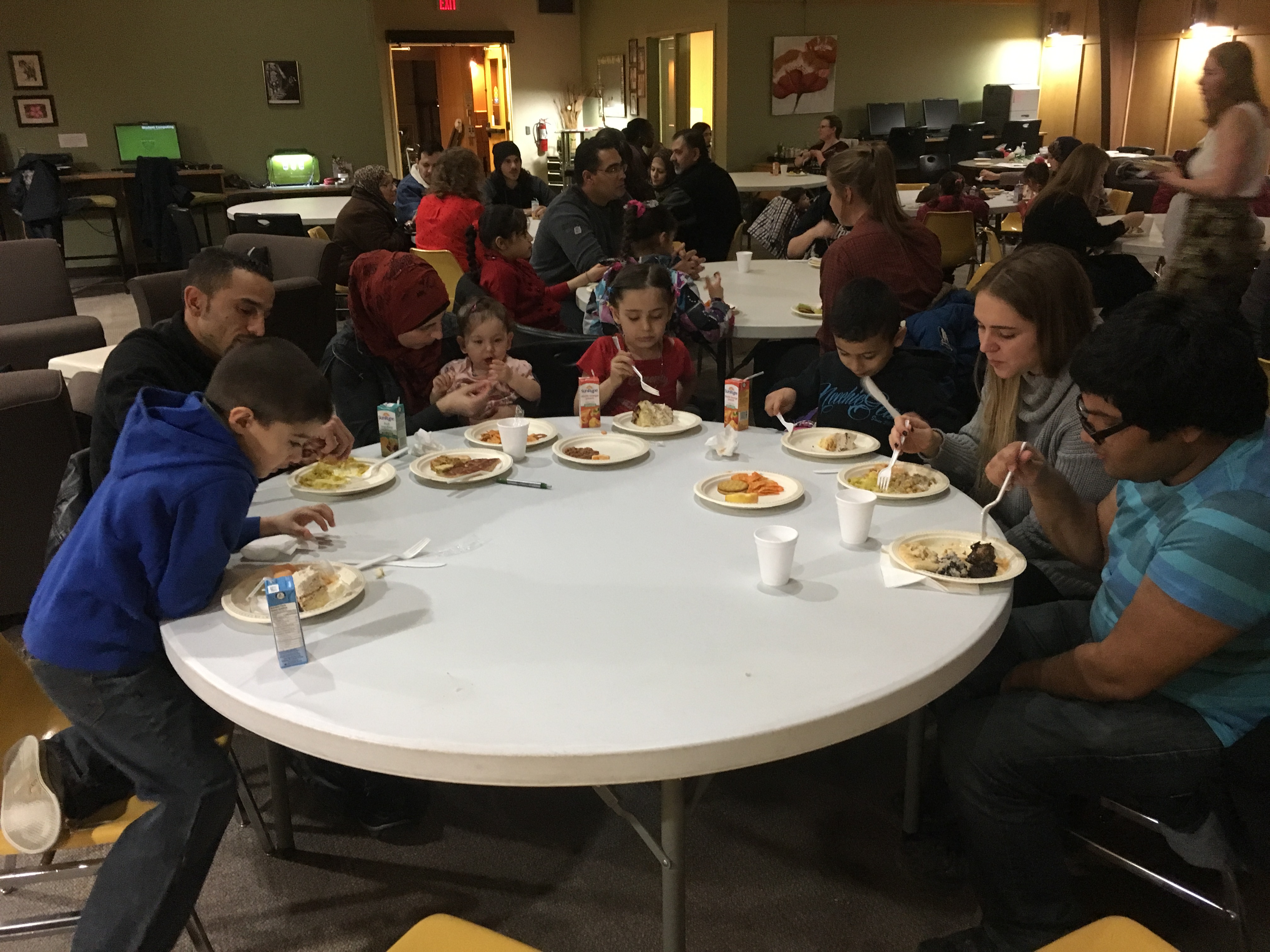What is Food Security?
“Food security exists when all people, at all times, have physical and economic access to sufficient, safe and nutritious food that meets their dietary needs and food preferences for an active and healthy life”. (World Food Summit, 1996)
Why food security among refugees?
Food insecurity has negative social, economic, cultural, psychological and somatic consequences. Accordingly, food insecurity is one of the critical problems influencing the health and well-being of vulnerable populations such as refugee newcomers who are faced with resettlement in a new environment where socio-economic and cultural determinants may facilitate or hinder their adjustment.
Why Afghan Refugees?
Thirty years of conflict in Afghanistan has forced many Afghan families out of the country. Countries such as Iran and Pakistan are typically the first point of entry, with Canada, Australia, and Switzerland, as the final destination. These countries currently host a considerable number of Afghan refugees who are facing challenges in resettlement. Along their journey to resettle in new countries, they are struggling to meet their basic needs. Environments, events and experiences that occur before arrival impact the coping and integration experiences by resettled refugees. Language and cultural differences often present general barriers and challenges to integration and resettlement.
Why Syrian refugees?
To date, the civil war in Syria has displaced more than three million civilians to countries around the world. Canada resettled over 43,000 Syrian refugees since December 2015, a large initiative for a country with an average annual resettlement rate of 26,000 refugees. This resulted in delays in providing financial assistance, immigration, and resettlement services to this vulnerable cohort and thus exacerbating their food insecurity issues. Additionally, the sudden nature of their displacement, did not give families enough time to be prepared for life in their new country. Predominately composed of families with young children, Syrian refugees have limited income, education, language skills, and limited social capital and many are suffering from the negative effects of the sudden and prolonged period of displacement. Hence, there is an urgent need to understand the food security status of Syrian refugees.
List of current projects
- The impact of socio-economic and cultural factors on household food insecurity of refugees: a comparative study of Afghan refugees at the last country of residence after migration and in Canada, involves international partners from Canada, Iran, Pakistan, Australia, and Switzerland. It started in 2012, and is currently at the data analysis stage.
- The impact of socio-economic and cultural factors on household food security of Syrian refugees in Canada, focuses on Syrian refugee families who have resettled in Toronto and Saskatoon since November 2015.
- The impact of socio-economic, geography and cultural factors on household food insecurity of Syrian refugees resettled in rural areas and small cities across Saskatchewan, explores the food security status of Syrian refugees in rural areas and small cities in Canada
- The impact of socio-economic, geography and cultural factors on household food insecurity of Syrian refugees: a comprehensive study after resettlement in Canada, focuses on Syrian refugees settled in Francophone and Anglophone rural and urban areas.


